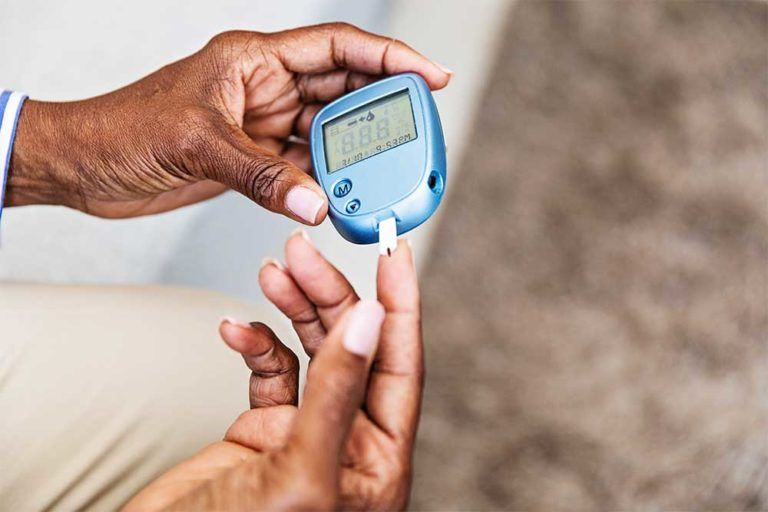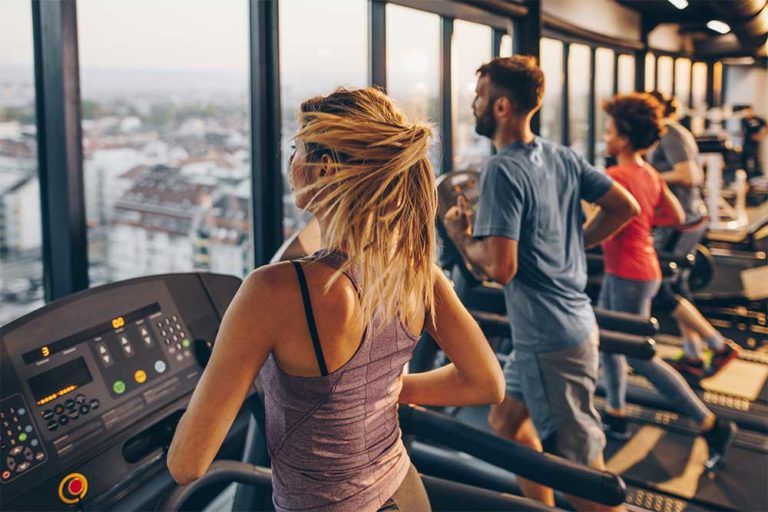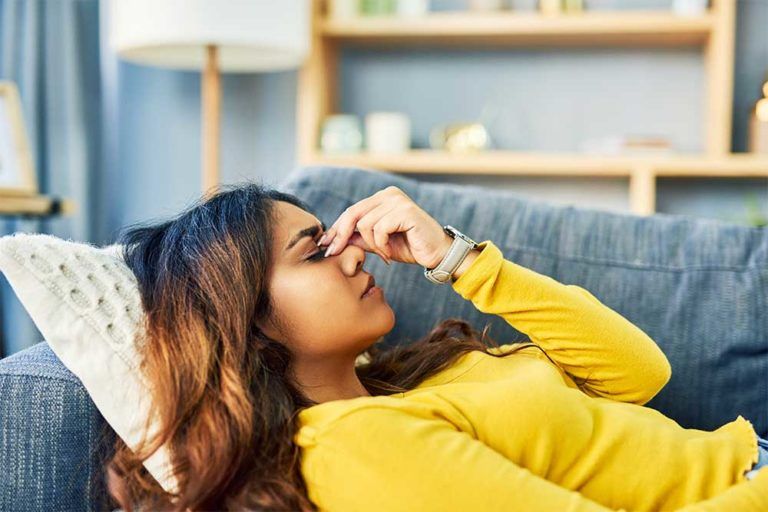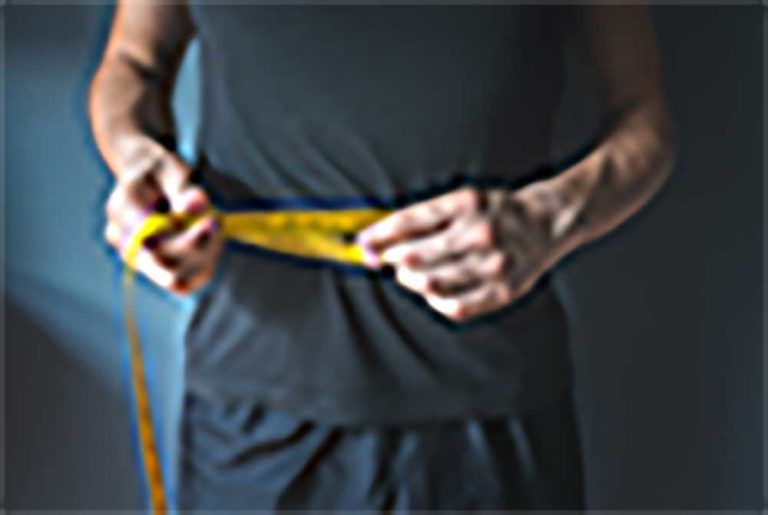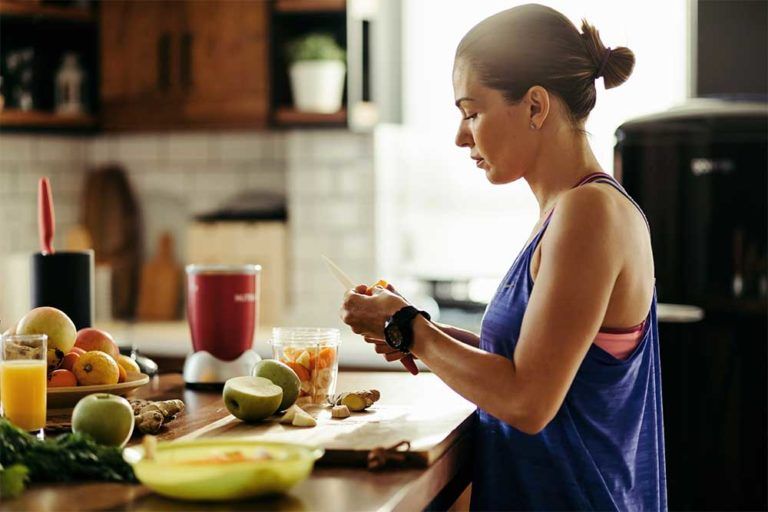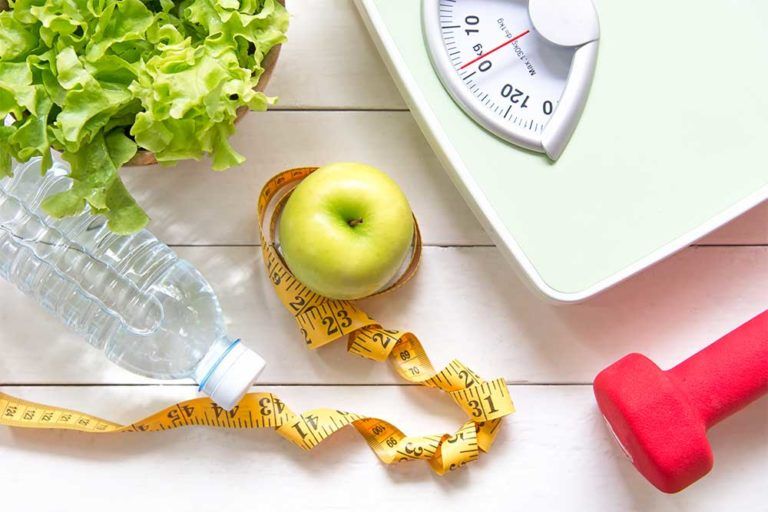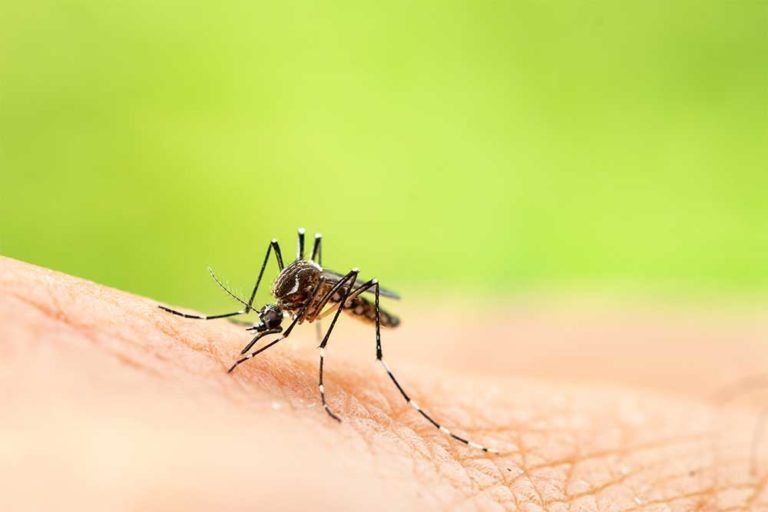By making good habits you can make good lifestyle choices through something that is mostly on auto-pilot.
The key to making your life better is a simple one: cultivate healthy habits. Your habits define who you are and what you are going to achieve. By choosing good ones, you can make good lifestyle choices through something that is mostly on auto-pilot.
According to research done at the Massachusetts Institute of Technology in the 1990s, establishing habits consists of a three-step neurological loop that the researchers named the habit loop. Those people and organizations that successfully change hard-to-get-rid-of behaviors all followed the same process. It works as follows:
- Pick a cue to initiate whatever it is you want to turn into a habit. The cue is a reminder for you to act.
- Define the routine. This is the part you probably think about as the habit.
- Reward yourself in some way that benefits you instead of hurting you.
How do you apply this habit loop? Suppose you eat too much junk food in the middle of the afternoon. That’s a habit, but it’s a bad habit, and you want to change it. To change the habit, analyze it and look for the habit loop:
- What is the cue is for eating the junk food? Potential causes could be hunger, boredom, or something else.
- What’s the routine? Maybe you have a bowl of candy on your desk; maybe there’s a vending machine down the hall. You eat the candy because it’s there, or you stand by the vending machine and chat for a little while with other people who are interested in a snack as well.
- What’s the reward? It could be the food, the change of scenery, or the camaraderie with work friends. Change your routine to find out what your reward is.
Here are some good habits to consider cultivating:
- If you don’t get enough exercise, set an easy goal that will at least get you started. Yes, you should be spending at least half an hour a day, but that might be too big a goal to stick with on a long-term basis. Start with something less ambitious. You can still get major health benefits even if you only add a little exercise to your life.
- Take your bike for a ride. Bike rides don’t have to be endurance tests. You can bike short distances without any problem and you will be healthier if you do.
- Once you establish the habit of exercising, work up to 30 minutes a day five or six days a week. Combine resistance exercise with cardio exercise, and plan on sweating. It’s good for you. You don’t like sweat? Shower when you’re done.
- Don’t use things that hurt you, like tanning beds, tobacco, and illegal drugs.
- Drink plenty of water.
- If you drink alcohol, be moderate.
- Drink a glass of room-temperature water when you get up in the morning. Try adding lemon or cayenne pepper; both additions can boost your immune system, fight fungus, and help you detoxify. You should also know that lemon juice will destroy bacteria, cleanse your system, and help your body do a better job of digesting food.
- Eat when you are hungry, not when you are bored or upset.
- Cut back on eating meat. Skipping meat even once a week can reduce the risk of your developing heart disease by 19 percent. You don’t have to adopt an extreme diet change unless you decide that’s what you want; just cutting back a little will still improve your health.
- Cut back on sugar. It offers you nothing except sweetness. You won’t get nutrients, protein, fat, or enzymes from it. You don’t need it. Do you want it? If you do, then limit yourself to (at most) something sweet once or twice a week. Less than that would be better, though. Satisfy your sweet tooth with fruit instead of processed sugar.
- Consider taking a tablespoon of liquid chlorophyll as a food supplement. The structure is similar to hemoglobin. The laundry list of benefits is a long one; do some online research to decide whether you want to try it.
- Wash your hands and floss your teeth. Aim for frequent and regular.
- Be meticulous about reading labels and taking medications.
- Avoid sleeping pills. Exercise and relaxation are more likely to help you.
- Sneeze into your arm.
- Protect yourself from sunburn. Use a good sunscreen. Wear hats, sunglasses to protect your eyes, and try to stay out of the sun between 10 a.m. to 4 p.m. standard time (in the summer, on daylight savings time, the hours change to 11 a.m. and 5 p.m.)
- Ask your dermatologist to prescribe a good retinol cream.
- Have regular checkups, including gynecological ones.
- Take computer breaks. Look away from the screen for 20 seconds every 20 minutes. It reduces eye strain.
- Don’t watch television (or a video on a computer or tablet) for more than two hours a day.
- Avoid electronic toys once it gets late. They make it harder for you to sleep. Unplug yourself every night, and don’t wait too late to do it. If necessary, set up your cell phone so your sleep won’t be disturbed by text messages or Facebook notifications in the wee hours.
- Wear seat belts whenever you have one, even in a taxi.




